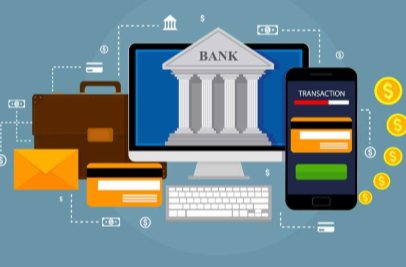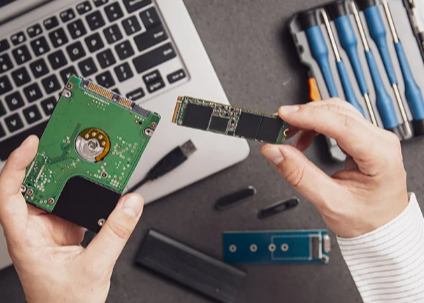The banking and finance sector is undergoing a significant transformation due to technological advancements. Mobile banking and digital wallets are reshaping consumer interactions with money. Meanwhile, automation and artificial intelligence enhance operational efficiency and decision-making processes. Additionally, blockchain introduces new paradigms in financial transactions. As traditional institutions face disruption from fintech innovations, the question arises: how will these changes redefine the future of banking and finance?
The Rise of Mobile Banking and Digital Wallets
As consumers increasingly prioritize convenience and efficiency in their financial transactions, the rise of mobile banking and digital wallets has transformed the banking landscape.
Enhanced mobile security measures and a focus on user experience have facilitated greater financial inclusion, allowing diverse demographics access to banking services.
Furthermore, improved transaction speed has redefined expectations, ultimately empowering users to manage their finances with unprecedented flexibility and autonomy.
Read more: The Role of Robotics in Industry 4.0
Automation and Artificial Intelligence in Finance
Automation and artificial intelligence (AI) have emerged as pivotal forces revolutionizing the finance sector.
Robotic process automation streamlines repetitive tasks, enhancing efficiency and reducing errors. Meanwhile, predictive analytics empowers financial institutions to forecast trends and make informed decisions, ultimately driving profitability.
This synergy of automation and AI not only optimizes operations but also liberates human resources for more strategic roles, fostering innovation and adaptability.
The Impact of Blockchain Technology
The integration of automation and artificial intelligence in finance sets the stage for a deeper exploration of blockchain technology, which is rapidly reshaping the landscape of banking and finance.
Smart contracts facilitate trustless transactions, streamlining operations while minimizing costs.
Additionally, decentralized finance (DeFi) empowers individuals by removing intermediaries, fostering a financial ecosystem that enhances autonomy and accessibility, ultimately redefining traditional financial paradigms.
Fintech Disruption and Traditional Banking Institutions
Fintech companies are fundamentally altering the dynamics of traditional banking institutions, challenging their long-established business models and customer engagement strategies.
By embracing fintech partnerships, banks can modernize legacy systems, enhancing operational efficiency and customer experiences.
However, this disruption raises critical questions about adaptability and competition, as traditional players must navigate an evolving landscape while maintaining their relevance in a rapidly digitized financial ecosystem.
Conclusion
As technology continues to reshape the banking and finance sector, institutions must adapt or risk being left behind. The integration of mobile banking, automation, and blockchain underscores a transformative shift that not only enhances consumer convenience but also compels traditional banks to innovate. With fintech at the forefront, the industry stands at a crossroads; embracing these advancements could be the key to thriving in a landscape where staying ahead is the name of the game.



